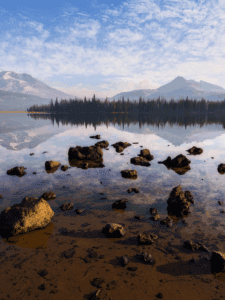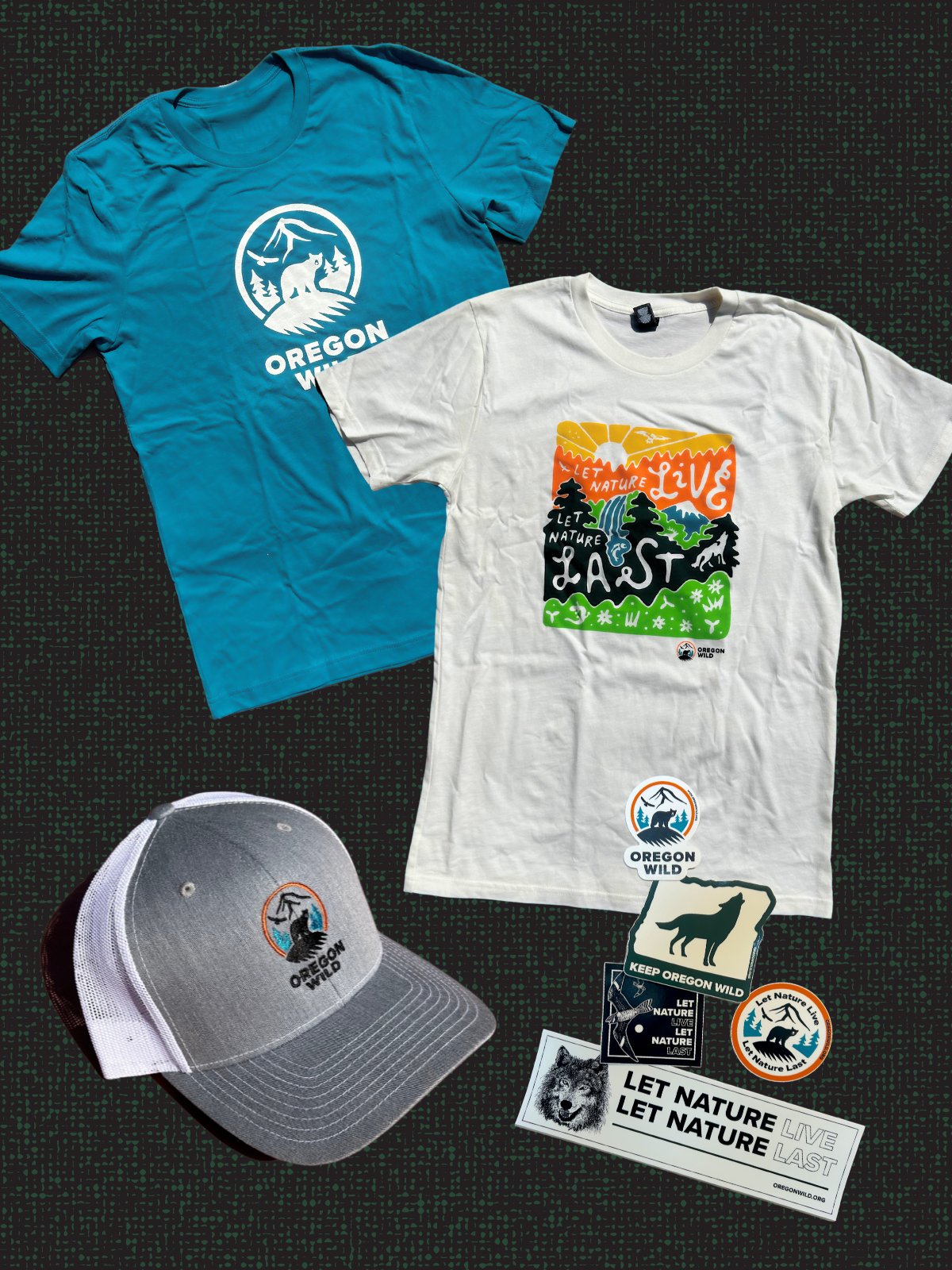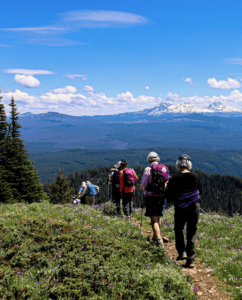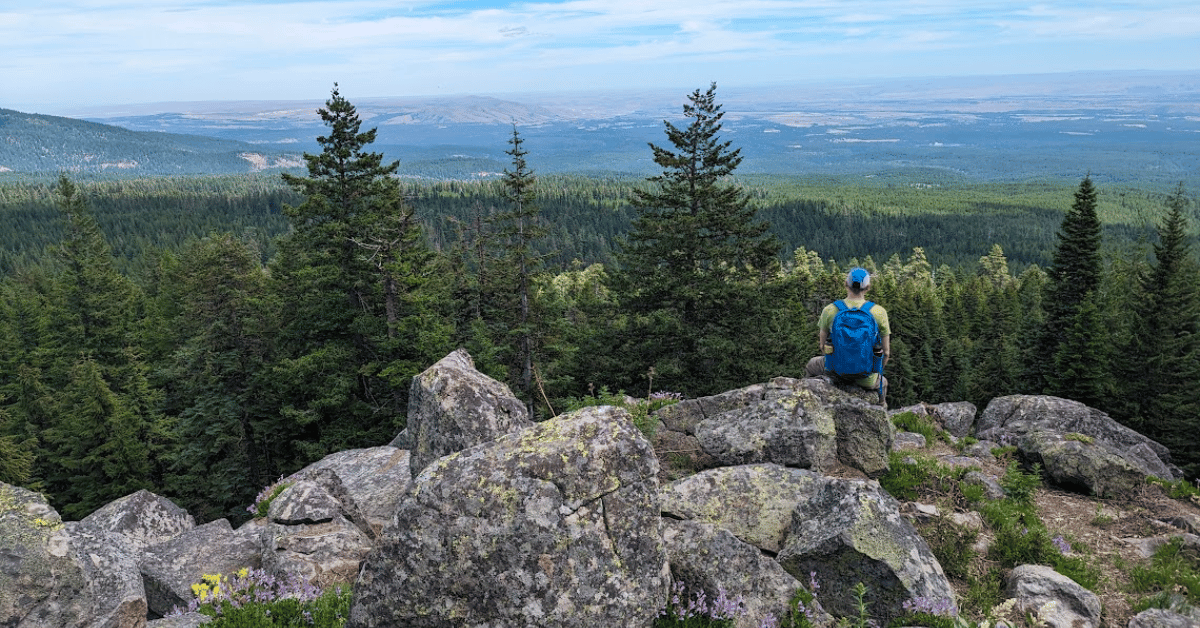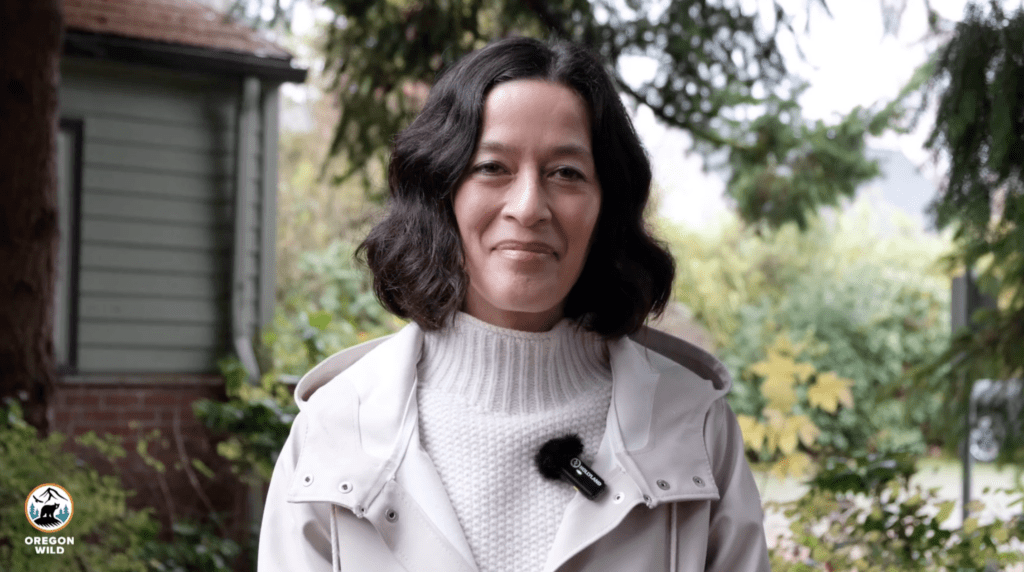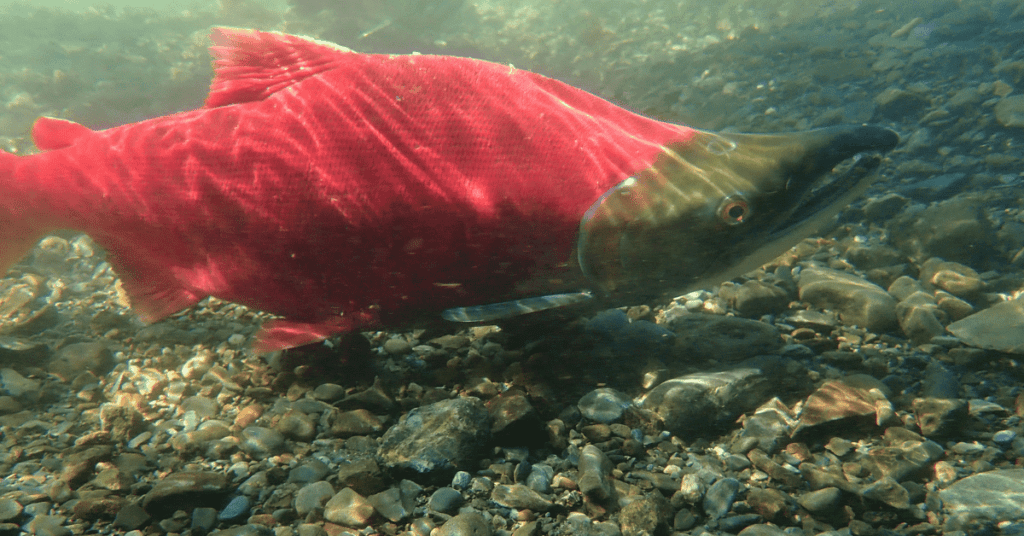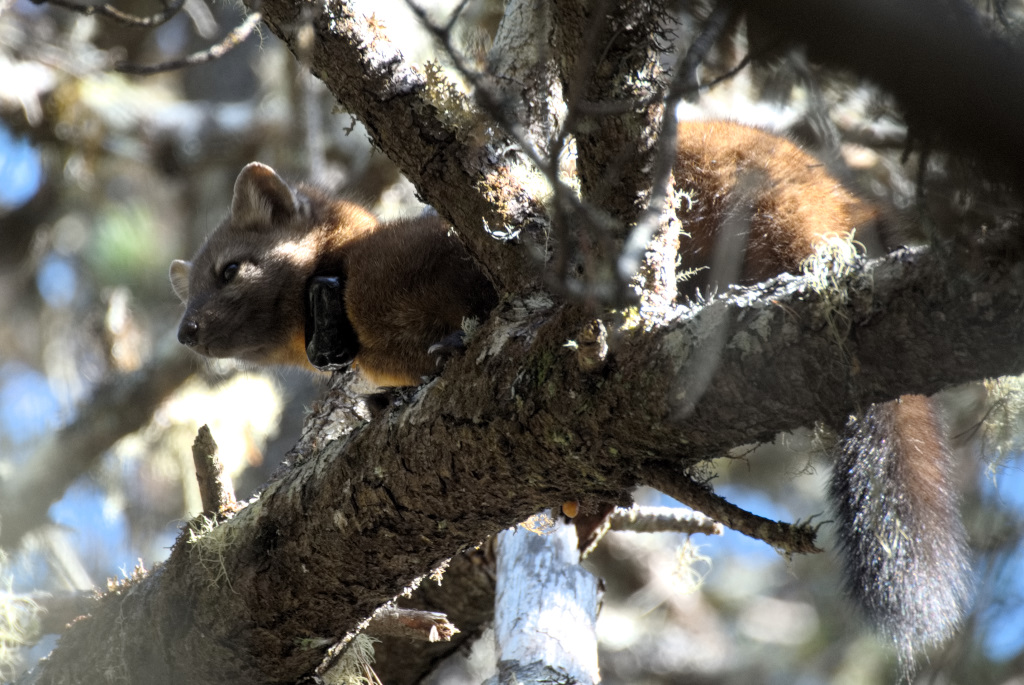| Contact: John Persell, Oregon Wild Meriel Darzen, Crag Law Center |
Portland, Oregon — Oregon Wild announced today a settlement with the U.S. Forest Service regarding the Grasshopper logging project in the Mount Hood National Forest. The agreement includes significant changes that will result in better protections for mature and old-growth forests, northern spotted owl habitat, and carbon storage, while allowing for forest management activities focused on smaller-diameter thinning and prescribed fire.
Under the settlement, the Forest Service has agreed to:
- Impose diameter limits throughout the project to protect the largest, oldest trees.
- Retain cedar and Pacific yew trees throughout the project area.
- Drop two old-growth logging units.
- Limit logging in four additional units to ensure better outcomes for mature and old-growth stands.
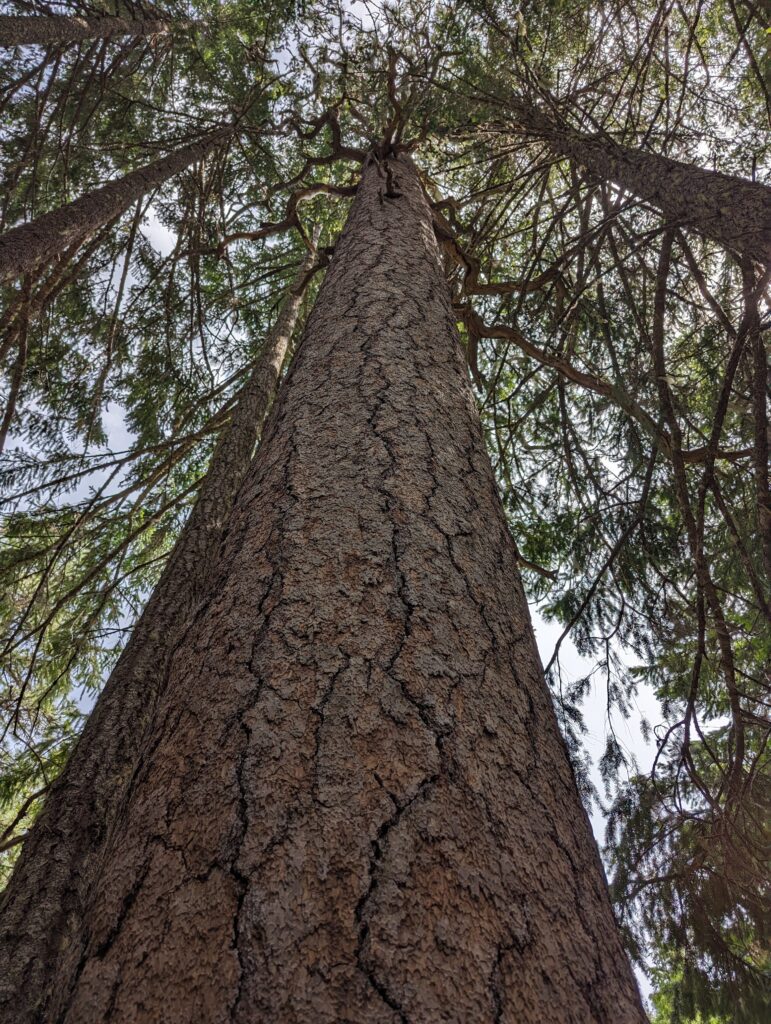
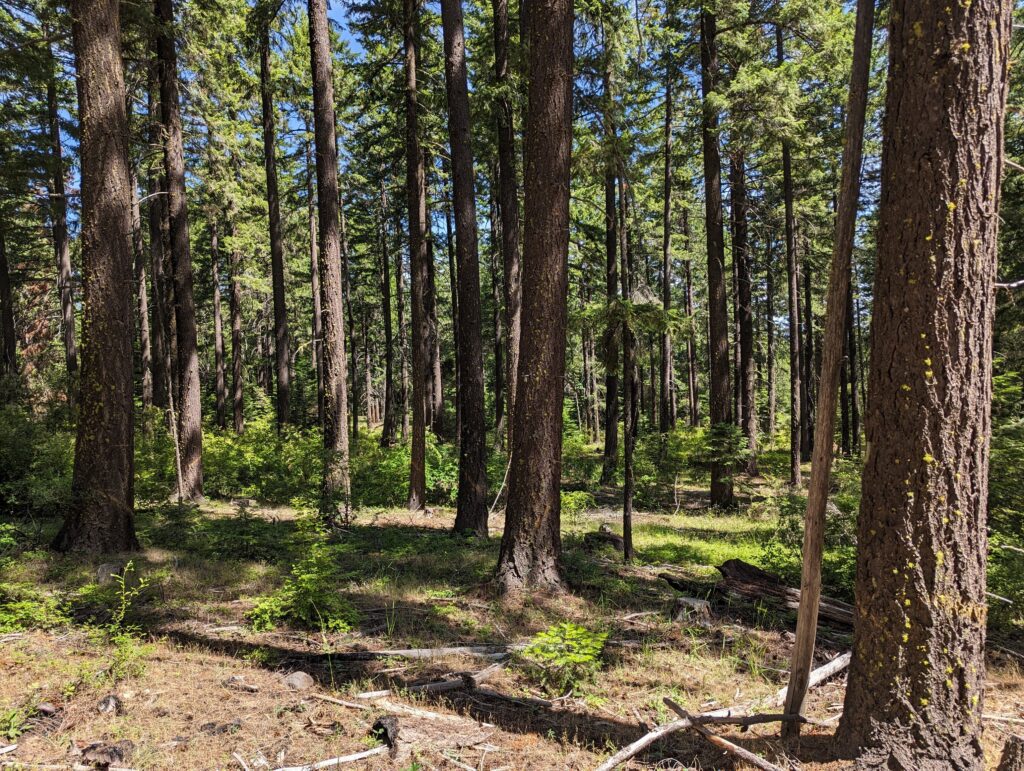
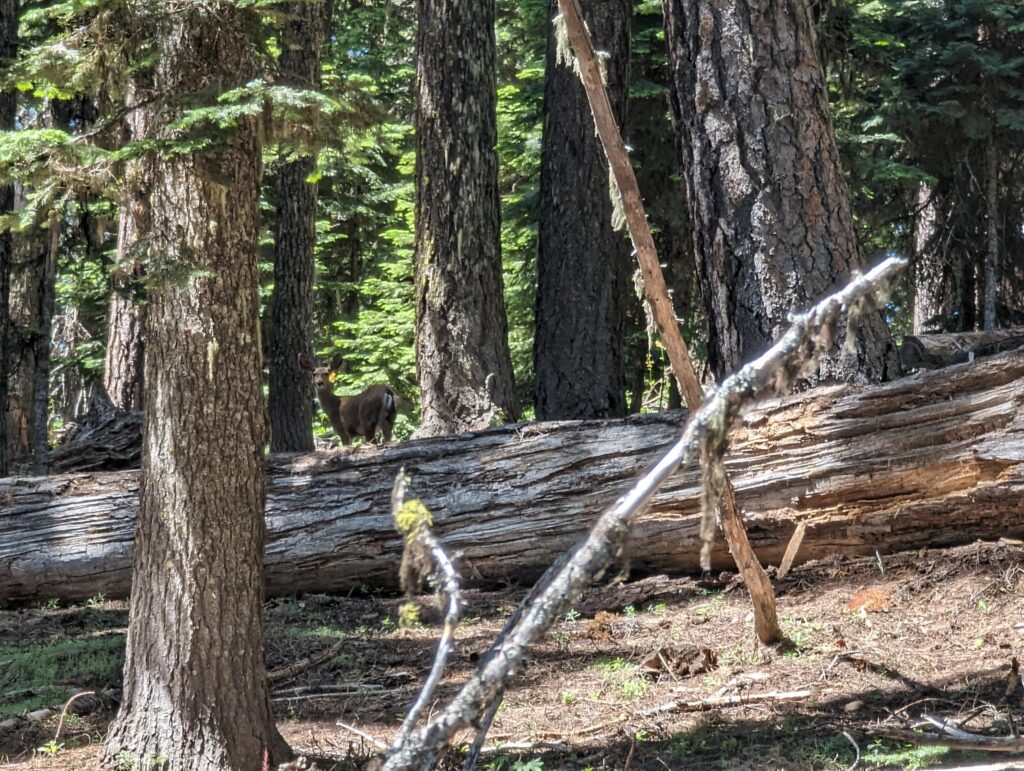
These measures represent a substantial improvement over the original project decision, which conservationists argued would have caused significant harm to the area’s ecological integrity and the species that depend on it.
“The settlement reflects a vital correction to the Grasshopper Project, ensuring that forest health, wildlife habitat, and climate resilience are not shortchanged,” said John Persell, Staff Attorney for Oregon Wild. “By getting a commitment from the Forest Service to protect the largest and oldest trees, protect key species, and scale back aggressive logging, long-term ecological benefits are now prioritized over short-term extraction.”
The Grasshopper Project is located in a unique transition zone between the wetter west-side and the drier east-side forests of the Cascade Crest, directly south of the Badger Creek Wilderness. Originally, the project proposed logging across 5,000 acres and would have removed 4,000 logging trucks’ worth of timber from public lands, including large swaths of mature and old-growth trees.
Oregon Wild challenged the project in June of 2023, citing violations of the National Environmental Policy Act and the project’s misalignment with the Biden Administration’s policy to conserve mature and old-growth forests for biodiversity and as a natural climate solution. Oregon Wild is represented by its staff attorney John Persell and Meriel Darzen from the Crag Law Center.
“We are encouraged to see the Forest Service agreeing to make meaningful improvements to this project without requiring protracted litigation. This outcome represents an important achievement for Mt. Hood National Forest that will benefit the community and the forest,” said Meriel Darzen, senior attorney at Crag Law Center who co-represented Oregon Wild in the lawsuit and settlement negotiations.
The settlement also addresses concerns regarding carbon storage and the impacts of logging on northern spotted owls, a species listed as threatened under the Endangered Species Act. The revised project design maintains key habitat features, such as canopy cover and stand density, that are essential for spotted owls and other old-growth-dependent species.
###
Oregon Wild represents 20,000 members and supporters who share our mission to protect and restore Oregon’s wildlands, wildlife, and water as an enduring legacy. Our goal is to protect areas that remain intact while striving to restore areas that have been degraded.
Crag Law Center is a nonprofit environmental law center based in Portland, Oregon that supports community efforts to protect and sustain the Pacific Northwest’s natural legacy. Implementing a unique model of legal aid for the environment, Crag balances the scales of justice by offering free and low-cost legal services to people who are working on the ground to protect our environment, climate and communities.
